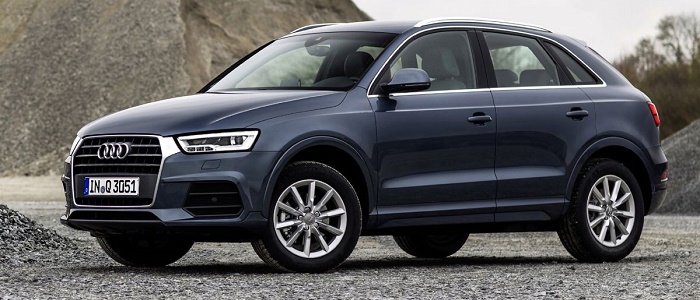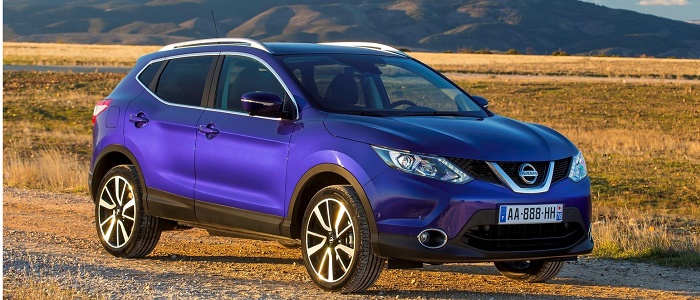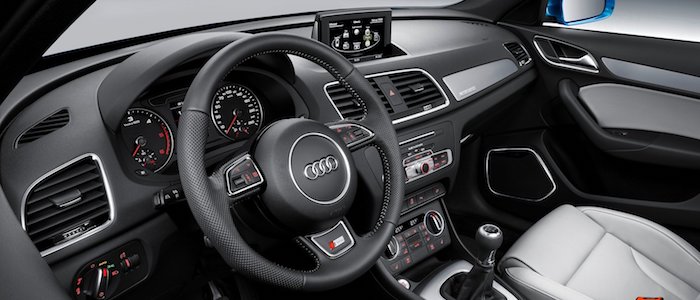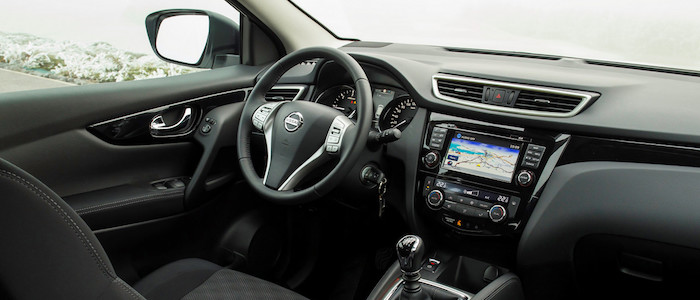Compare two cars
Compare any two cars and get our Virtual Adviser™ opinion
Dimensons & Outlines
Check vehicle history
Engine
Performance (manual gearbox)
Performance (automatic gearbox)
Expenses
Virtual Adviser's™ opinion
Two significantly similar cars, no doubt about that. Still, each one has something different to offer. Having both cars powered by petrol engines and utilizing the 5-door suv body style within the same 'SUV' segment, the only major difference here really is their wheel drive configuration (4 x 4 for the Audi and front in the case of the Nissan). The first one has a Volkswagen-engineered powertrain under the hood, a 5-cylinder, 20-valves 340hp unit, while the other one gets its power and torque from a 4-cylinder, 16-valves 163hp engine designed by Nissan.
SafetyA starting point here would be to take a look at the results from European New Car Assessment Programme (Euro NCAP) tests which were performed on both of the cars, with the same number of safety stars gained in the process. Moving further on, let's take a closer look at some additional safety-related facts. Both vehicles belong to the suv segment, which is generally a very good thing safety-wise, still it doesn't help us solve our dilemma, does it? Furthermore, taking kerb weight as an important factor into account, the German car offers a considerable difference of 26% more metal.
ReliabilityManufacturers have been building their reliability reputation for decades now and, generally speaking, it appears that Nissan as a brand displays somewhat better results, when all the models are taken into account. That's the official data, while our visitors describe reliability of Audi with an average rating of 4.2, and models under the Nissan badge with 4.3 out of 5. Some independent research have also placed Q3 as average reliability-wise, and Qashqai is more or less at the same level.Above it all, drivers of cars with the same engine as the German car rank it on average as 5.0, while the one under the competitor's bonnet gets 4.5 out of 5.
Performance & Fuel economyAudi is way more agile, reaching 100km/h in 4.3 seconds less than its competitor. In addition to that it accelerates all the way to 250 kilometers per hour, 60km/h more than the other car. When it comes to fuel economy an obvious choice would be the Japanese car, averaging around 5.8 liters of fuel per 100 kilometers (49 mpg), in combined cycle. That's 45% difference compared to the German car!
Verdict
Nissan appears just a bit more reliable, although the difference is truly marginal. The most important thing when deciding between any two vehicles should always be safety, both passive and active. In my opinion, everything taken into account, the German car offers significantly better overall protection, taking the lead here. It all continues in the same direction, with Audi outracing its opponent in any situation possible, making it better choice for boy racers. It does come at a cost though, and that's the fuel consumption... No mistake, whatever you decide here, but I'd still go for the Audi. In any case that's my personal view, built upon all the data available to me. What should decide here though is the way you feel about the two vehicles, and I hope you'll find my guidelines useful in the process. In case you have two minutes to spare I invite you to define your needs, desires and budget and see which car would be chosen by the virtual adviser™, out of 12.000+ vehicles we currently have in our database.


































